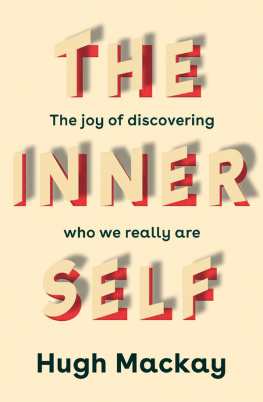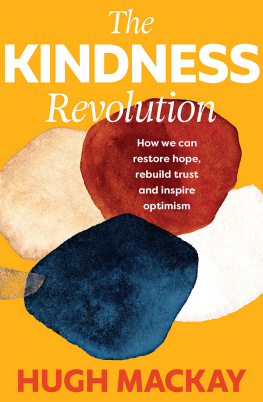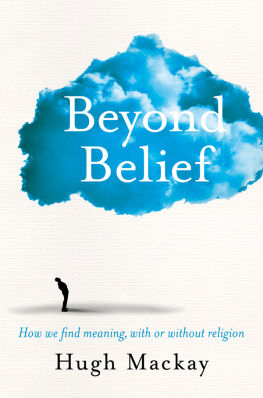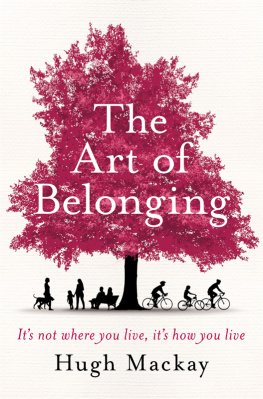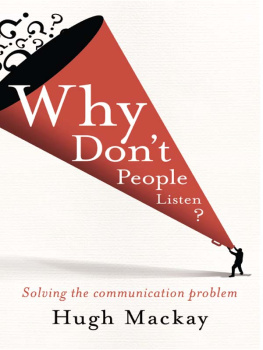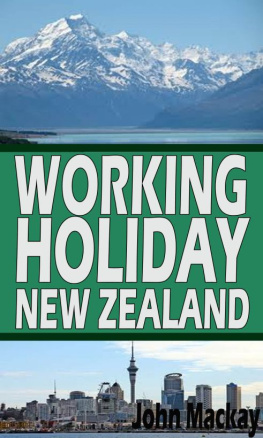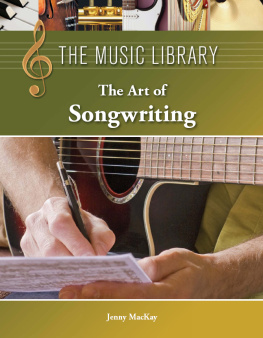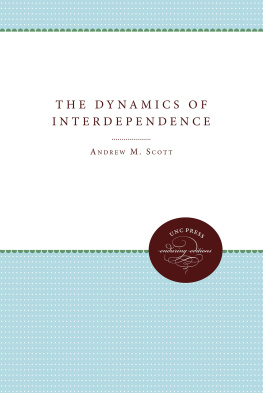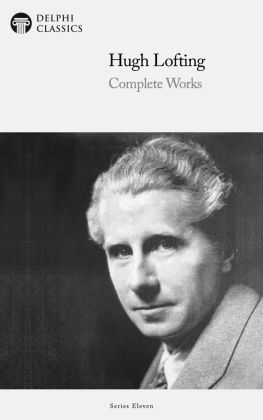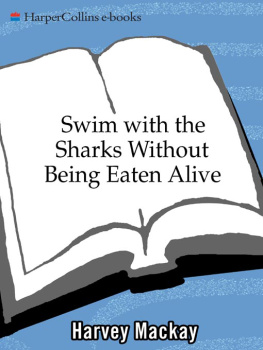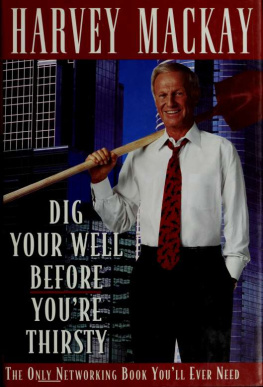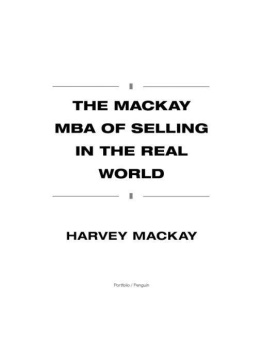Hugh Mackay - The Inner Self ; The joy of discovering who we really are
Here you can read online Hugh Mackay - The Inner Self ; The joy of discovering who we really are full text of the book (entire story) in english for free. Download pdf and epub, get meaning, cover and reviews about this ebook. year: 2020, publisher: Pan Macmillan Australia, genre: Religion. Description of the work, (preface) as well as reviews are available. Best literature library LitArk.com created for fans of good reading and offers a wide selection of genres:
Romance novel
Science fiction
Adventure
Detective
Science
History
Home and family
Prose
Art
Politics
Computer
Non-fiction
Religion
Business
Children
Humor
Choose a favorite category and find really read worthwhile books. Enjoy immersion in the world of imagination, feel the emotions of the characters or learn something new for yourself, make an fascinating discovery.
- Book:The Inner Self ; The joy of discovering who we really are
- Author:
- Publisher:Pan Macmillan Australia
- Genre:
- Year:2020
- Rating:5 / 5
- Favourites:Add to favourites
- Your mark:
- 100
- 1
- 2
- 3
- 4
- 5
The Inner Self ; The joy of discovering who we really are: summary, description and annotation
We offer to read an annotation, description, summary or preface (depends on what the author of the book "The Inner Self ; The joy of discovering who we really are" wrote himself). If you haven't found the necessary information about the book — write in the comments, we will try to find it.
The Inner Self ; The joy of discovering who we really are — read online for free the complete book (whole text) full work
Below is the text of the book, divided by pages. System saving the place of the last page read, allows you to conveniently read the book "The Inner Self ; The joy of discovering who we really are" online for free, without having to search again every time where you left off. Put a bookmark, and you can go to the page where you finished reading at any time.
Font size:
Interval:
Bookmark:

How can I get in touch with this real self, underlying all my surface behaviour? How can I become myself? Carl Rogers, US psychotherapist
The Inner Self is a book about the ways we hide from the truth about ourselves and the psychological freedom we enjoy when we finally face that most searching question of all: Who am I, really?
Hugh Mackay explores our top 20 hiding places from addiction to materialism, nostalgia to victimhood. He explains how it is our fear of loves demands that drive us into hiding.
He argues that love is our highest ideal, the richest source of lifes meaning and purpose, and the key to our emotional security, personal serenity and confidence.
Yet Mackay exposes the great paradox of human nature, that while love brings out our best, we dont always want our best brought forward.
Powerfully written and drawing on a lifetime of research, The Inner Self is a work of extraordinary insight by one of Australias most respected psychologists.

The deepest form of despair is to choose to be another than oneself.
Sren Kierkegaard, The Sickness Unto Death
Any life, no matter how long and complex it may be, is made up of a single moment the moment in which a man finds out, once and for all, who he is.
Jorge Luis Borges, The Life of Tadeo Isidoro Cruz
It is a joy to be hidden, and disaster not to be found.
Donald Winnicott, Playing and Reality
To Sheila
If youre interested in the question Who am I?, and youre unsure of the answer but have a sneaking suspicion that the way other people perceive you is not the real you, then you are precisely the person I had in mind when writing this book.
The Inner Self represents a significant departure from my work in social research a return to my core discipline of psychology, but also a turning inwards. As a social researcher, my professional life has naturally been focused on the social dimensions of human attitudes and behaviour. When it came to the question Who am I?, I have sidestepped the philosophical puzzle about what we mean when we say self and concentrated on the identity, or image, we display to others and they project onto us.
Thats why I have previously suggested that if you want to understand your identity, you should look into the faces of the people you live among your partner, family, friends, neighbours, colleagues and I have downplayed the idea of an authentic inner self that might exist independently of our socially constructed identity.
But that was only ever half the story. While we all have a socially constructed personal identity, we also have a deeper, more private sense of self. That idea of an inner self has been the subject of endless philosophical and theological speculation for millennia and, more recently, an enthralling subject for psychologists to study. And, for reasons well explore together, thats the self we often try to hide from.
You might have noticed the quote from the nineteenth-century Danish philosopher Sren Kierkegaard at the front of the book: The deepest form of despair is to choose to be another than oneself. The idea that we could choose to be someone other than ourselves might seem strange, but the more I explored our favourite hiding places, the more I was persuaded by the wisdom of Kierkegaard (along with many other sages, ancient and modern): to pretend to be someone were not is indeed likely to be a source of despair, even though we might not easily recognise its cause.
In case despair sounds a bit grim, I should assure you that the tone of the book is constructive and hopeful. It is intended to help you avoid the despair that comes from pretending to be someone youre not. The reward is a freer, richer, undiminished life.
How can I get in touch with this real self, underlying all my surface behaviour?
How can I become myself?
Carl Rogers, On Becoming a Person
When she was about to turn 60, British actor Emma Thompson told Time magazine she had reached a point where all the roles that society has so successfully forced upon you from daughter to wife to mother to professional person could be questioned. You could take these things away from your face, one after the other, and go, Who actually am I? Which Ive always thought was a terribly boring question, and I now find fascinating.
Turning 60 can certainly do it. So can turning 40 or 50 or even 80.
Trauma, pain and suffering can do it: a divorce, a life-threatening illness, a brutal retrenchment, a serious accident, a bereavement. Catastrophes like pandemics can do it: the social isolation, widespread unemployment and other disruptions caused by COVID-19 led many of us to re-think our priorities. Pleasant upheavals can do it, too, like falling in love or the birth of a baby.
Private, personal epiphanies can also occur at apparently unexceptional moments, delivering insights that seem perfectly obvious once theyve landed in your psyche. Youre lying awake at night, wondering why your life isnt turning out the way you had imagined it would, and asking yourself: Isnt there supposed to be more to it than this? And then you think: Isnt there more to me than this? And you decide its time to find out whats missing.
Or youre chatting on the phone and you become aware that theres no response: the line has gone dead and for the last little while how long? youve been talking to no one. In that instant of feeling a bit foolish and a bit irritated, you wonder whether this is a metaphor for your life: too much talking into the void; not enough real connection. And then you wonder whether a bit more talking and listening to yourself, a bit more introspection, might actually be quite helpful.
Or perhaps youve just stepped out of the shower, refreshed and glowing, and you have a sudden sense of liberation; a sudden clarity about the kind of person you really are. And then, towelling yourself, you wonder whether if you were truer to that person, you might also be more authentic in your relationships with other people.
Sometimes, we glimpse such possibilities from a gloomier place. Perhaps youve been feeling a bit frustrated with some aspect of your life, lethargic without being able to explain why, vaguely out of sorts, or simply exhausted by the demands being made on you. A sense of futility; being adrift from your moorings; losing your bearings... such hollow feelings lead some of us to decide to set more goals to get us focused, perhaps composing daily lists of things to do or writing lofty statements about where I want to be in five years.
Heres a better suggestion: look inside.
The ancient Greeks werent kidding when they promoted Know thyself as the foundation of a complete and fulfilling life, even inscribing those words in the forecourt of the famous Temple of Apollo at Delphi. It was a concept taken up with great zeal by Socrates who, according to Plato, taught that the unexamined life is not worth living. Although it was a bit rich (to say nothing of elitist) for a man in Socratess privileged position to suggest that unexamined lives are not worth living since not everyone has the capacity or the opportunity for self-examination the idea behind his proposition is valid: the more we understand ourselves, the better equipped we are to lead a meaningful, purposeful life; the sort of life capable of generating that highly desirable mental state we call self-respect.
Font size:
Interval:
Bookmark:
Similar books «The Inner Self ; The joy of discovering who we really are»
Look at similar books to The Inner Self ; The joy of discovering who we really are. We have selected literature similar in name and meaning in the hope of providing readers with more options to find new, interesting, not yet read works.
Discussion, reviews of the book The Inner Self ; The joy of discovering who we really are and just readers' own opinions. Leave your comments, write what you think about the work, its meaning or the main characters. Specify what exactly you liked and what you didn't like, and why you think so.

